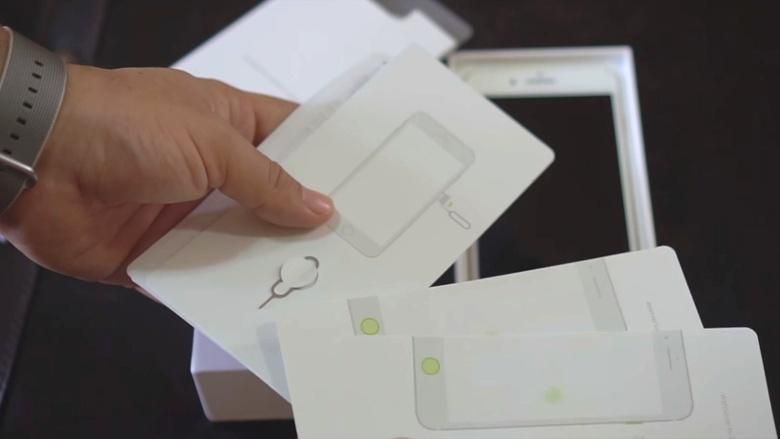Embedded electronic SIMs are already on the Apple Watch. It’s a chip that contains all the information needed to make the device work with the customer’s wireless carrier of choice and takes up less space than a physical SIM card slot. The problem with it, at least from the carrier side of things? The eSIM standard is supposed to prevent customers from being locked to carriers, letting them switch at will.
eSIM technology is rumored to be coming to the three new iPhone models to be announced this September. Barron’s reports from a Craig-Hallum analyst that STMicroelectronics, which provides the eSIM chip for the Apple Watch Series 3 Cellular models, will also supply the chips for the iPhones.
AT&T and Verizon seem especially concerned about defecting subscribers with the new eSIM technology. The Department of Justice is investigating the two carriers and their potential roles in colluding with the GSM Association to allow locking on the eSIM standard. Further upping the pressure is Apple’s own equipment installment program to let consumers finance their iPhones — with enough promotion, this could diminish the role and revenues of carriers in acting as a middle manager to sell one of the most popular pieces of consumer electronics in addition to service.
Considering that the new iPhones may range in price from $600 to $1,200, there’s a lot of money at stake.

